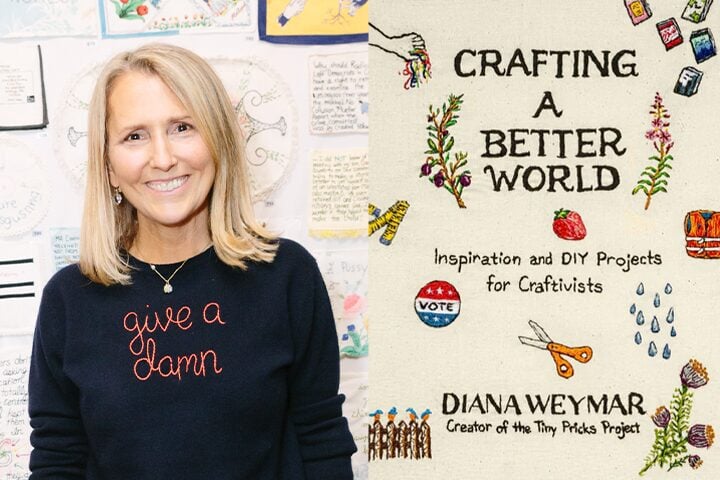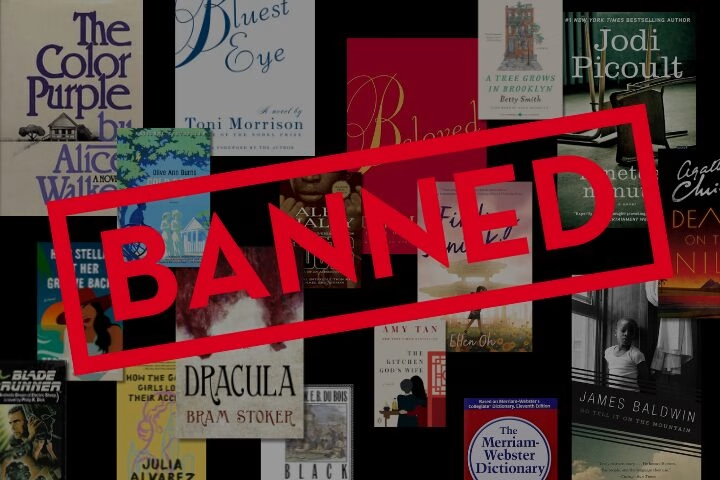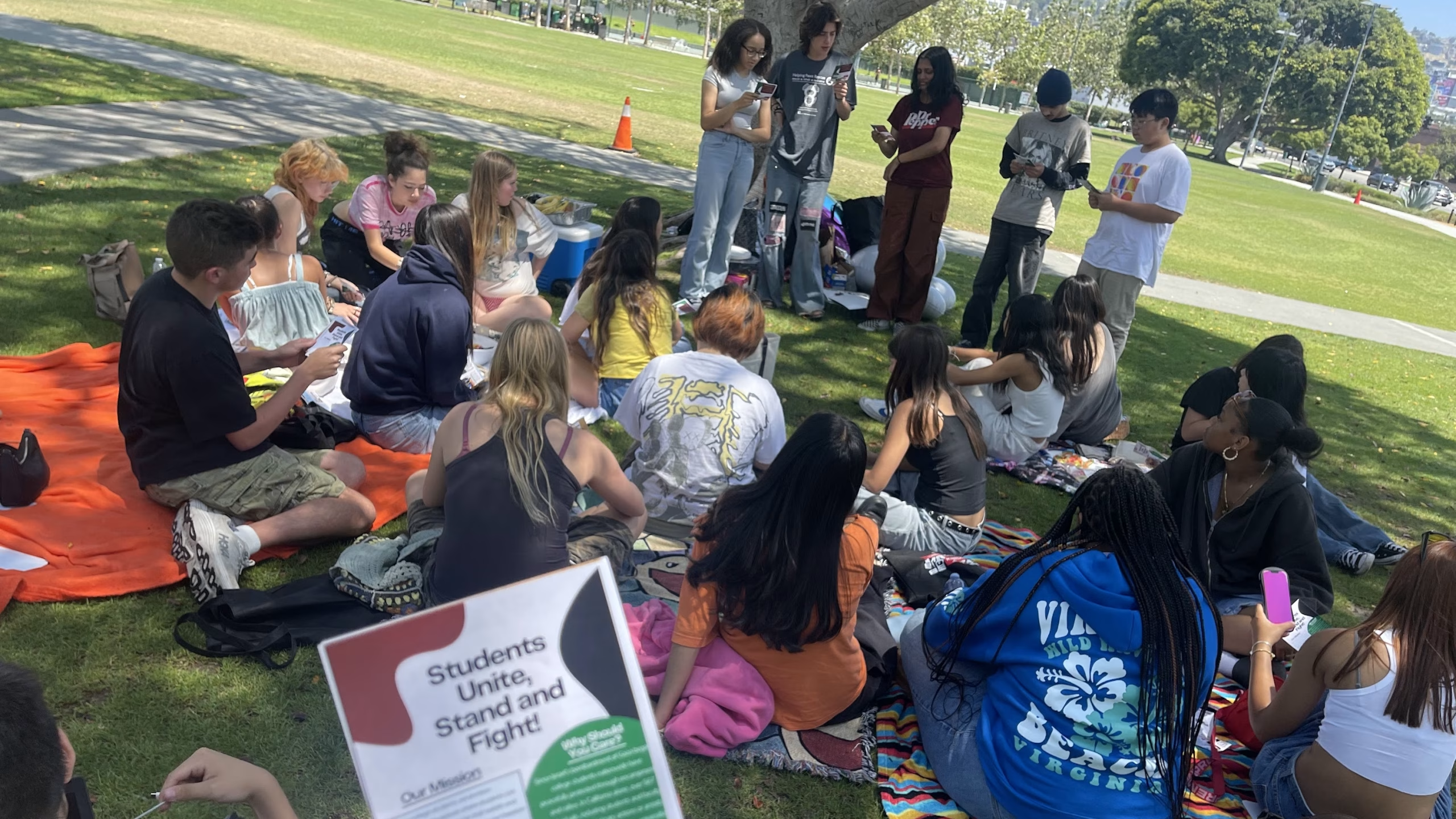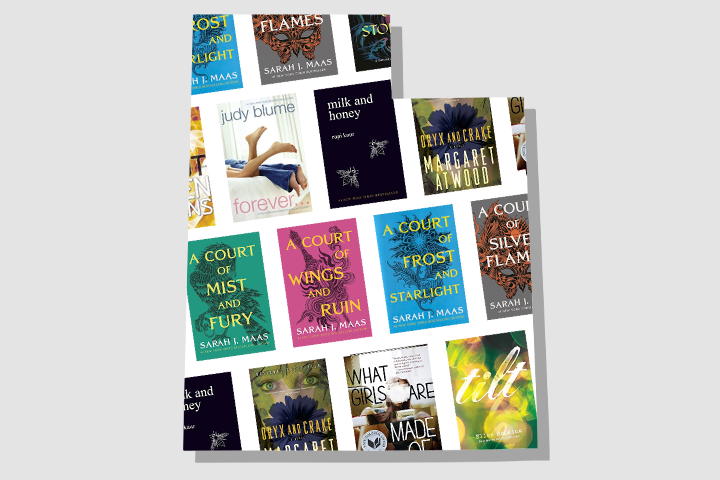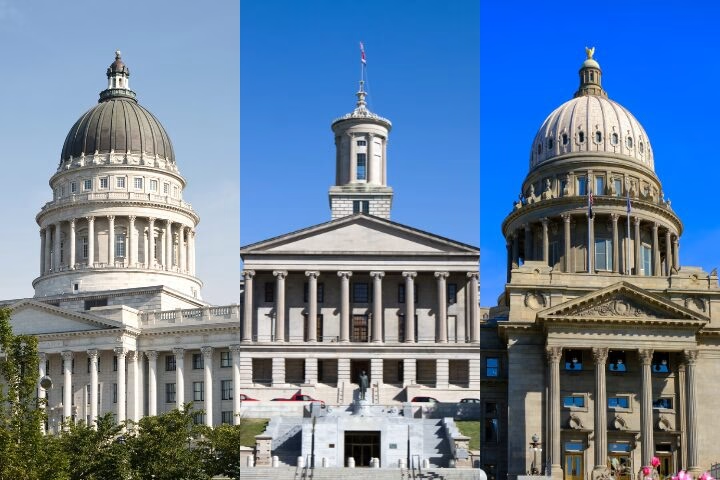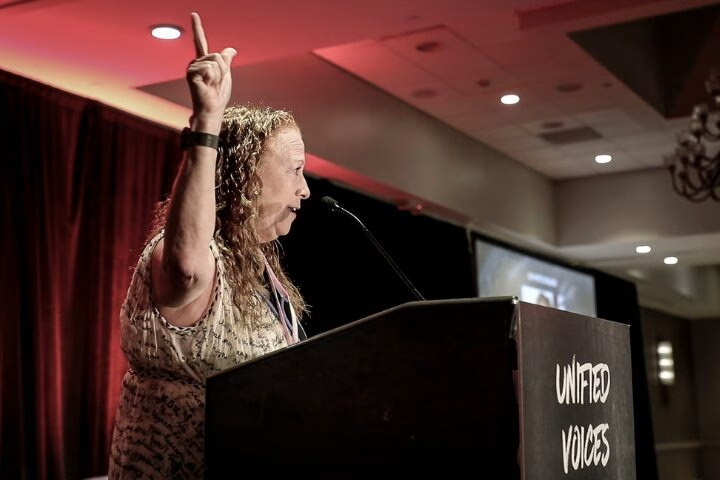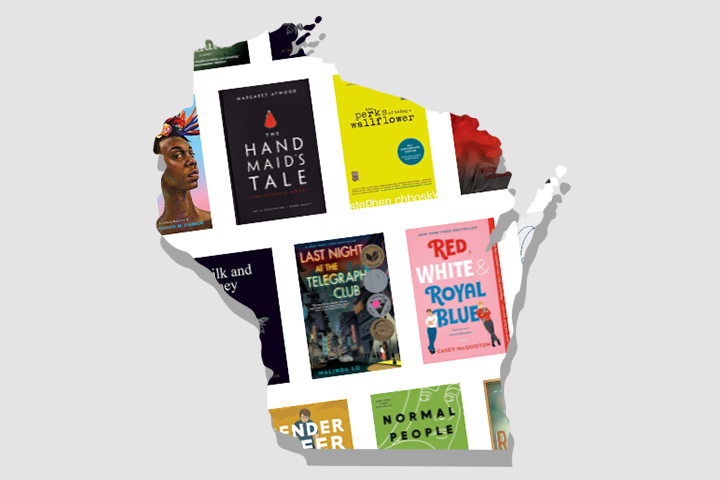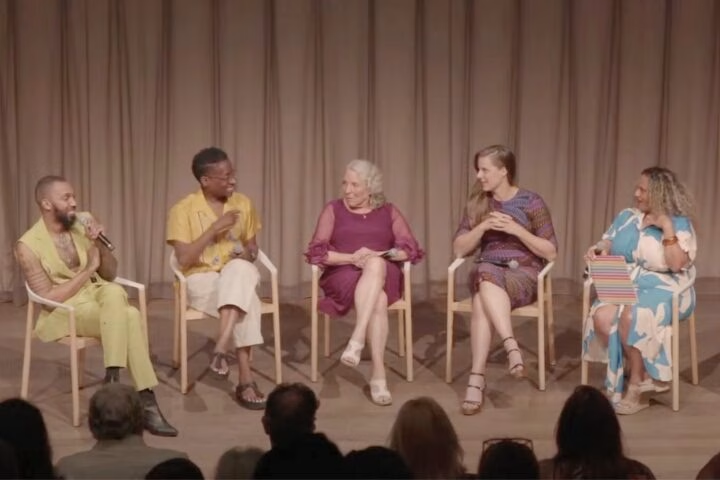The numbers are staggering. Four hundred books removed from shelves in Elkhorn, Wisconsin following a single parent’s objection. Sixteen hundred books suspended in Escambia County, Florida after the passage of a state law. Three thousand books yanked in Iowa last fall. Over 10,000 book bans nationwide in the 2023-24 school year.
Now in its fourth consecutive school year, the movement to ban books that has sowed chaos in public education shows few signs of dissipating. While it is true that some of its past protagonists appear to be shifting focus, the tactics of the movement as a whole have also evolved, increasingly pressing their case through politicians and state legislatures. That shift is significant, because it has fundamentally altered the scale of book banning, and the tactics and resources necessary to combat it.
At the same time, this movement has never been just about books or schools. The larger campaign of educational censorship that erupted in 2021 has ranged far beyond the shelves, impacting libraries, colleges, universities, publishers, and booksellers, among others. As PEN America has written in our new Banned in the USA report, the crisis of book bans in 2024 is alarming on its own; but it is even more so when understood as a bellwether for this campaign of educational censorship writ large.
Today, scores of teachers are reporting being hesitant to broach the subjects related to race, gender, sex, and history that have so frequently been in the crosshairs. And scores of librarians are reporting hesitancy around purchasing books on these subjects, too. Children’s authors are reporting sharp declines in invitations to do school visits, or have had such invitations revoked. There have also been numerous controversies surrounding school clubs, school trips, and school plays all across the U.S. Most often, this is because local censors who are scrutinizing books are not only interested in restricting literary texts from public education. Rather, they seem interested in eliminating entire subjects or identities from the public sphere as a whole.
At a macro-level, that’s the inescapable conclusion, when you look at not just the book ban efforts that have coursed through municipal governments and statehouses, but the similar dynamics that have unfolded targeting public libraries, the legislative proposals to regulate drag shows, and the escalating campaign to ban DEI offices in higher education. The past three years has also seen a lawsuit against the sale of books at Barnes & Noble, efforts to stymie the rollout of AP African American studies, and even a letter from some Republican senators asking for an update to the TV ratings system, to warn parents of LGBTQ+ content.
Taken all together, this is hardly a narrow effort to constrain access to books by young people; it’s an effort to impose ideological control on the bounds of culture.
On that scale, the impact of the movement to ban books has been — and will continue to be — wide-ranging and long-lasting, not only impacting students, families, authors, and educators, but having a detrimental impact on the freedoms of expression that are meant to be guaranteed to all.
That is why it remains vital for citizens to fight against book bans and stand for the freedom to read; because the fight is really a fight for knowledge, art, literature, and history. It’s a fight for the future of American democracy, society, and culture, and the institutions that safeguard it.





